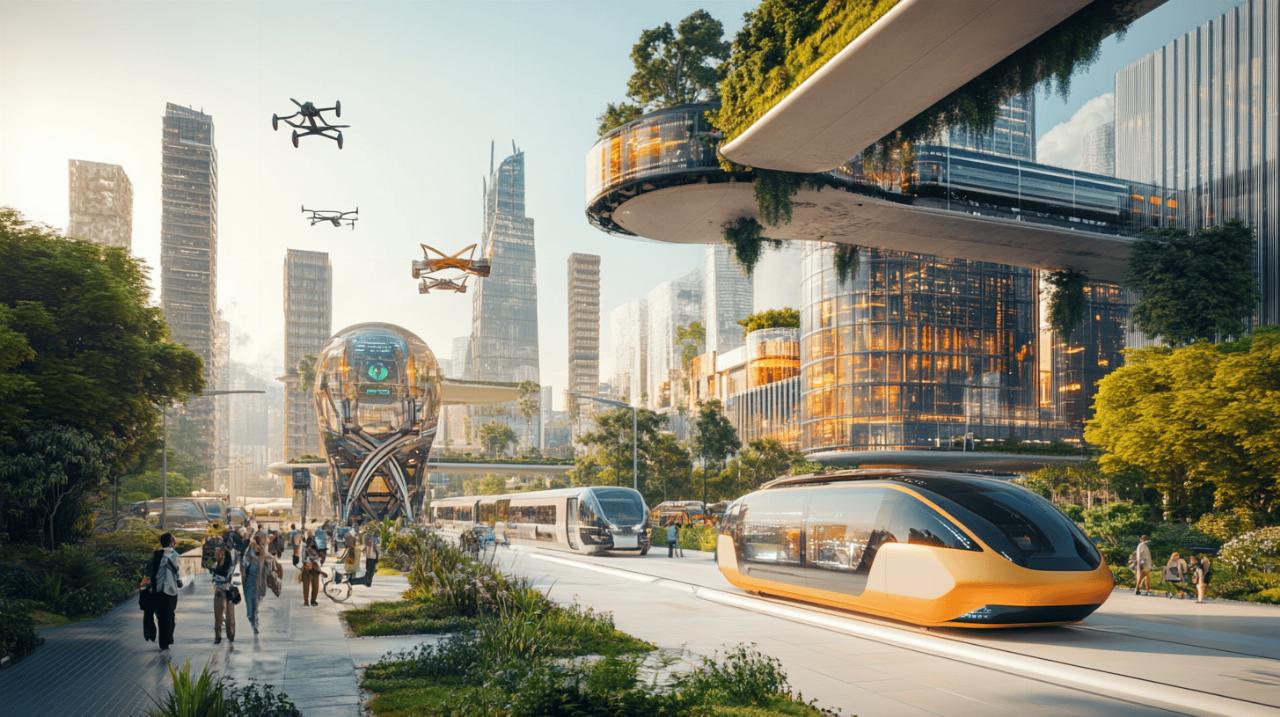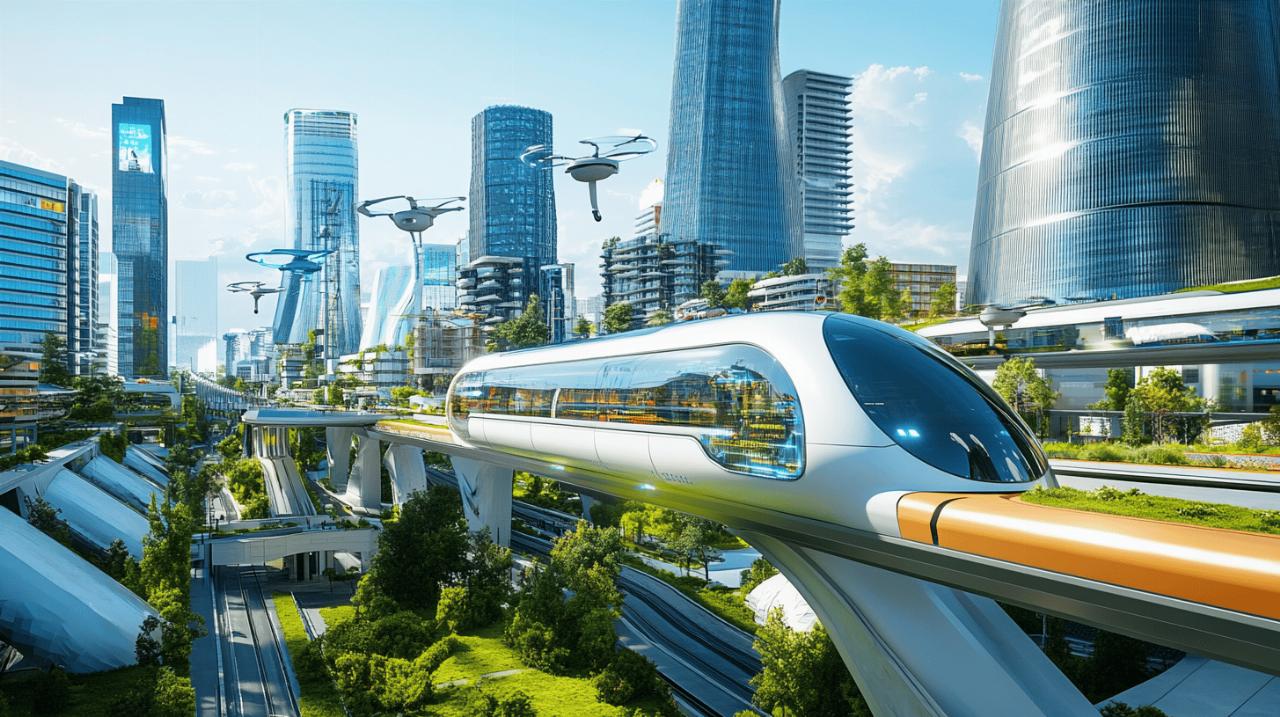The digital revolution is transforming transportation in unprecedented ways, offering innovative solutions to long-standing challenges in mobility. As technology advances, we're witnessing a fundamental shift in how people and goods move across cities and countries. This digital transformation isn't just about implementing new tools—it's about reimagining the entire transportation ecosystem to be smarter, more efficient, and more responsive to human needs.
Digital innovations reshaping mobility
The transportation sector is experiencing a profound metamorphosis through digital technologies. According to recent industry reports featured on auto-h-aus-europa.de, the digital transformation market in transportation and logistics is projected to grow from $54.92 billion to $145.28 billion between 2018 and 2025. This remarkable growth reflects the rapid adoption of transformative technologies across all transportation modes, from personal vehicles to public transit systems and logistics operations.
Smart infrastructure networks transforming urban travel
Urban mobility is being revolutionised through the implementation of smart infrastructure networks. These intelligent systems use Internet of Things (IoT) devices to collect real-time data about traffic conditions, public transport occupancy, and road safety hazards. In cities like Singapore, Intelligent Transport Systems (ITS) actively manage traffic flow in real-time whilst providing valuable traffic information to the public, significantly reducing congestion. Similarly, innovative projects like Umbrellium's Starling crossing utilise LEDs and cameras to create interactive pedestrian crossings that adapt to traffic patterns, enhancing safety for vulnerable road users.
Real-time data analytics optimising journey planning
The power of data-driven innovation lies in its ability to improve efficiency, reliability, and punctuality across transportation networks. Transport for London (TfL) exemplifies this approach by leveraging vast amounts of data to enhance tube service performance and passenger experience. Advanced artificial intelligence systems now enable predictive analytics that can forecast potential disruptions before they occur, allowing transport operators to take preventive measures. For individual travellers, this translates into more accurate journey planning tools that consider current conditions and historical patterns to suggest optimal routes, reducing travel time and frustration.
Efficiency gains through technology integration
 The integration of digital technologies into transportation systems is yielding substantial efficiency improvements across the sector. Major logistics companies are leading this digital transformation, with DHL and UPS implementing AI solutions to optimise freight scheduling and delivery routes. These advancements aren't merely incremental improvements—they represent a fundamental rethinking of how transportation services operate and deliver value to users.
The integration of digital technologies into transportation systems is yielding substantial efficiency improvements across the sector. Major logistics companies are leading this digital transformation, with DHL and UPS implementing AI solutions to optimise freight scheduling and delivery routes. These advancements aren't merely incremental improvements—they represent a fundamental rethinking of how transportation services operate and deliver value to users.
Automated systems reducing operational costs
Automation is driving significant cost reductions throughout the transportation ecosystem. Union Pacific demonstrates this benefit by using artificial intelligence to predict rail infrastructure failures and schedule preventive maintenance, avoiding costly emergency repairs and service disruptions. Similarly, Copenhagen Airport has implemented a single data platform to manage operations more efficiently, reducing redundancies and streamlining processes. These automated systems not only lower operational expenses but also improve service reliability, creating a virtuous cycle of better performance and customer satisfaction. The transition to automated systems requires careful planning, however, as highlighted by transportation experts who recommend phased modernisation and modular systems to bridge the gap between legacy infrastructure and new digital capabilities.
Contactless payment solutions streamlining passenger experiences
The passenger experience is being transformed through contactless payment solutions that eliminate friction points in the travel journey. Digital ticketing systems now allow seamless transfers between different transport modes without the need to purchase separate tickets. This integration extends beyond payments to encompass the entire customer journey, with digital platforms providing personalised travel information and service updates. Importantly, these digital solutions are increasingly designed with inclusivity in mind, addressing the needs of all travellers including those with disabilities. The British Equality Act specifies equal treatment for disabled people, and transportation providers are recognising that the accessible tourism market represents a significant economic opportunity, valued at approximately £12 billion, with the broader “purplepound” worth £212 billion. Innovative solutions like Aurrigo's autonomous four-seater vehicle specifically designed for disabled people demonstrate how digital transformation can enhance accessibility while opening new market opportunities.




